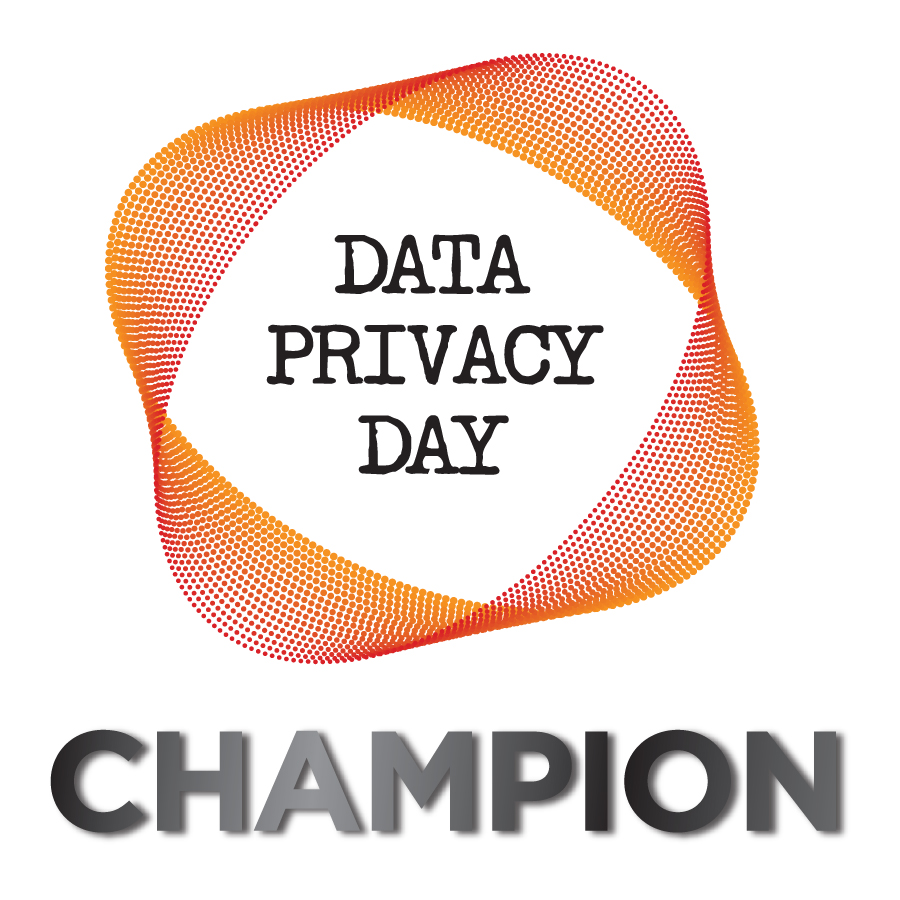
For survivors of sexual or domestic violence, establishing trust and security can be a difficult but important part of the recovery process. Everyone has the right to feel safe and secure both online and off.
As technology becomes more and more embedded in our everyday lives, keeping personal data private is even more important—and can become even more complicated. With Data Privacy Day this week (held annually on January 28), now is a good time to review privacy and permissions settings.
- Check an app’s permissions. Before downloading an app to your smartphone or tablet, check out what information it wants to collect from you or your social media profile. Some apps collect your name, friend list, or even post to your profile. Make sure you’re comfortable with the information it collects.
- Turn off geo-location. Not every app needs to know where you are. Most games do not need to use your geographic information to operate, and you can still use all social media sites without posting your location. Turning off geo-location for those apps can keep your location discreet and safe (and, it will make your battery last longer).
- Double-check your privacy settings. Take a second look at your social media privacy settings, as sometimes a software update can revert your account back to the default settings. Customize your privacy settings so your information is only available to people you trust.
- Use a private Internet connection. Avoid conducting personal business, such as online banking, on a public wi-fi network, like wi-fi connections offered at coffee shops or airports. Only use a secure, private network when using sensitive personal information to keep your data safe.
- Check your comfort level. Any time you prepare to write a social media post, or share something with a network, ask yourself: “Am I okay with sharing this information?” If you’re unsure, ask a friend, delay posting or see if you can target your settings to narrow the audience size.
- You have the option to report. If someone is making you uncomfortable, report abuse to the site where it originated. Most websites that allow exchanges between users have a “report” button or link located near the chat window. You can also take screenshots of the interaction and submit them to the site host.
Following these practices and safeguarding one’s personal information online can help survivors build trust and create a safer space on the Internet for all.
Wondering what you can you do next? Take action:
→ Share these tips with a friend or loved one using the social media bar at the top.
→ Share RAINN’s data privacy infographics series on social media.
→ Learn more about how you can participate in Data Privacy Day, held annually on January 28.
If you experience unwanted digital communication of a sexual nature, it can leave you with some uncomfortable or painful feelings. You are not alone. Help is available 24/7 through the National Sexual Assault Hotline: 800.656.HOPE and online.rainn.org.
Are you receiving unwanted explicit images? Report them to cybertipline.org.